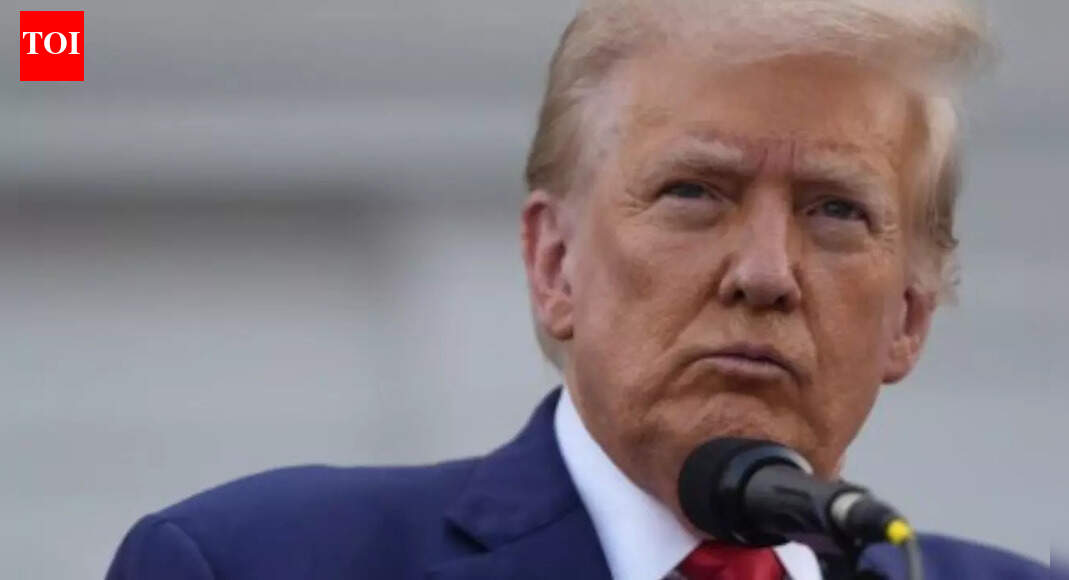Trump Designates Muslim Brotherhood Chapters as Foreign Terrorist Organizations: Impact on Lebanon, Egypt, Jordan & US Interests
 United States
Politics
United States
Politics

President Trump signed an order to designate Muslim Brotherhood chapters in Lebanon, Egypt, and Jordan as foreign terrorist organizations. This targets their al
Trump Administration Designates Muslim Brotherhood Chapters as Foreign Terrorist Organizations
President Donald Trump has initiated a significant foreign policy move by signing an executive order aimed at designating specific branches of the Muslim Brotherhood as foreign terrorist organizations (FTOs).
This decision primarily targets chapters operating in Lebanon, Egypt, and Jordan. The administration asserts that these entities "engage in or facilitate and support violence and destabilisation campaigns" that are detrimental to their respective regions, American citizens, and US national interests.
White House Stance and Global Reach
The White House articulated that President Trump's administration is actively confronting the Muslim Brotherhood's extensive transnational network. It believes this network fuels terrorism and destabilization efforts against American interests and allies throughout the Middle East.
The Muslim Brotherhood, a pan-Islamist movement, originated in Egypt in 1928, founded by Hassan al-Banna. Its core ideology centered on the belief that a return to fundamental Islamic principles was crucial for the Muslim world to effectively resist Western influence and reclaim its autonomy.
Ramifications of the US Designation
A "terrorist" designation by the United States carries substantial ramifications. It empowers Washington to freeze any assets the affected group might hold within the US and impose strict entry bans on its members. The Muslim Brotherhood is already outlawed in several nations, including prominent regional players like Egypt and Saudi Arabia.
Jordan, for instance, prohibited the group in April of this year, accusing it of illicitly manufacturing and storing weapons and plotting to destabilize the monarchy. Despite a 2020 court ruling for its dissolution, the organization reportedly maintains a level of popularity and operational presence in Jordan.
In Egypt, the Muslim Brotherhood has been banned since 2013, following the military's overthrow of its leader, then-President Mohamed Morsi. The coup was spearheaded by Abdel Fattah al-Sisi, who has since solidified his power and cultivated a close strategic partnership with Washington.
International Perspectives and Broader Concerns
Beyond the immediate Middle East, the influence and concerns surrounding the Muslim Brotherhood extend to Europe. In May, French President Emmanuel Macron directed his government to develop legislative measures aimed at curbing the group's influence and limiting the broader spread of political Islam within France. This highlights a shared international apprehension regarding the organization's activities and ideological impact.
This executive order marks a firm stance by the Trump administration against what it perceives as a pervasive threat, further isolating the designated branches of the Muslim Brotherhood on the international stage and potentially reshaping regional dynamics.





